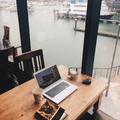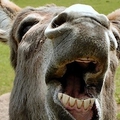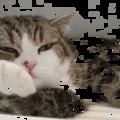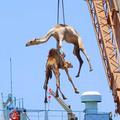Ceauşescu's political independence from the Soviet Union and his protest against the invasion of Czechoslovakia in 1968 drew the interest of Western powers, who briefly believed he was an anti-Soviet maverick and hoped to create a schism in the Warsaw Pact by funding him. Ceauşescu did not realise that the funding was not always favorable. Ceauşescu was able to borrow heavily (more than $13 billion) from the West to finance economic development programs, but these loans ultimately devastated the country's finances. In an attempt to correct this, Ceauşescu decided to repay Romania's foreign debts. He organised a referendum and managed to change the constitution, adding a clause that barred Romania from taking foreign loans in the future. The referendum yielded a nearly unanimous "yes" vote.
In the 1980s, Ceauşescu ordered the export of much of the country's agricultural and industrial production in order to repay its debts. The resulting domestic shortages made the everyday life of Romanians a fight for survival as food rationing was introduced and heating, gas and electricity black-outs became the rule. During the 1980s, there was a steady decrease in the living standard, especially the availability and quality of food and general goods in stores. During this time, Ceauşescu shut down all radio stations outside of the capital, and limited television to one channel broadcasting only two hours a day. The official explanation was that the country was paying its debts and people accepted the suffering, believing it to be for a short time only and for the ultimate good.
The debt was fully paid in summer 1989, shortly before Ceaușescu was overthrown, but heavy exports continued until the revolution in December.
By early 1989, Ceauşescu was showing signs of complete denial of reality. While the country was going through extremely difficult times with long bread queues in front of empty food shops, he was often shown on state TV entering stores filled with food supplies, visiting large food and arts festivals, while praising the "high living standard" achieved under his rule.
Special contingents of food deliveries would fill stores before his visits, and well-fed cows would even be transported across the country in anticipation of his visits to farms. In at least one emergency, he inspected (and approved) a display of Hungarian produce, which apart from some corn and several melons, was largely constructed of painted plastic and/or polystyrene. Meanwhile, staples such as flour, eggs, butter and milk were difficult to find and most people started to depend on small gardens grown either in small city alleys or out in the country. In late 1989, daily TV broadcasts showed lists of CAPs (kolkhozes, collective farms) with alleged record harvests, in blatant contradiction to the shortages experienced by the average Romanian at the time.
Some Romanians, believing that Ceauşescu was not aware of what was going on in the country outside of Bucharest, attempted to hand him petitions and complaint letters during his many visits around the country.
This crisis was a consequence of the continuation of the drive towards heavy industry, making Romania a net importer of electricity at a time when World energy prices were at a peak. When the crisis became apparent, instead of curbing this drive, it was, in fact speeded up - hitting the population more.
...by this time Ceausescu had completely lost control of himself. He was now insisting on visiting factories himself and choosing their production targets according to his own personal whims. In other words, by 1989 he had succeeded in subordinating the entire Romanian economy to his own personal 'off the wall' ideologies.

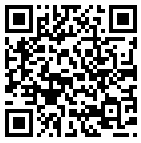 12JszXJwXf1rPKA8a9dDPQPeJmVzQgm4g7
12JszXJwXf1rPKA8a9dDPQPeJmVzQgm4g7 